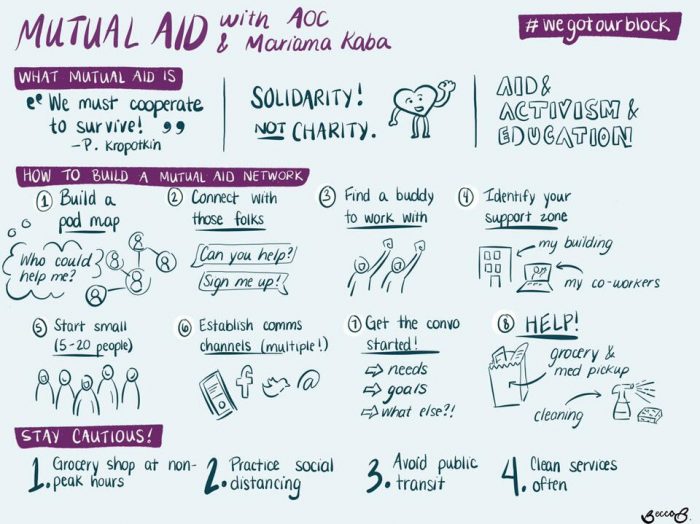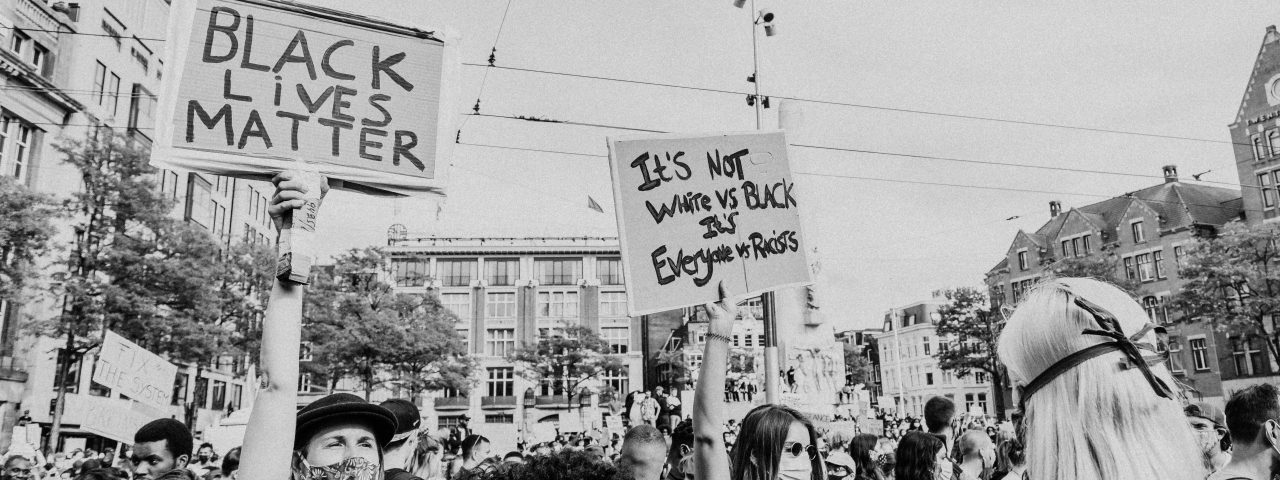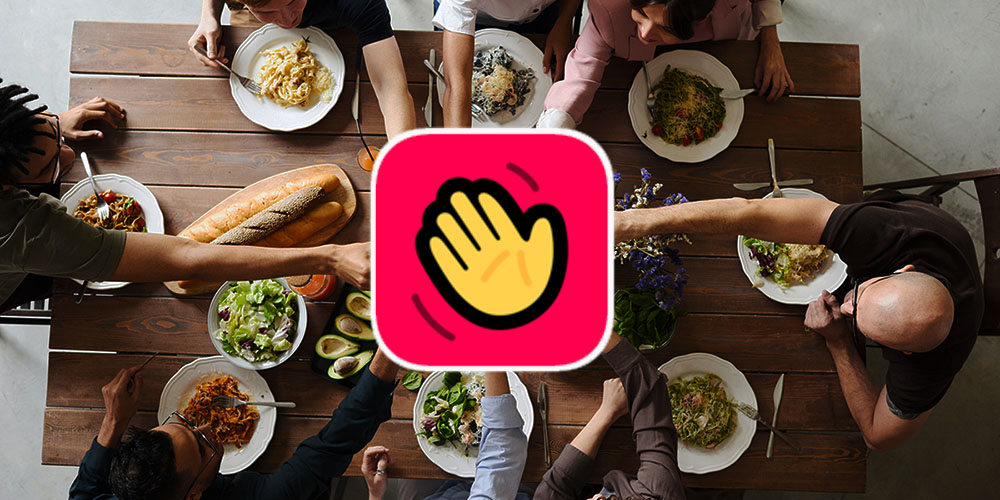Germany. The Philippines. Vietnam. Guyana. China. USA.
These are the countries represented in our office, this diversity is what makes us stronger, and it’s what gives us the foreground to engage in conversations that matter – we inspire each other with our unique perspectives and we challenge each other to look through different lenses.
In our COVID-19 world of virtual meetings, we’ve also opened more doors to discuss what matters to each of us. The passion for social justice that started with just a few expanded to the rest in our open online office setting.
As a team, we are comprised of six immigrants and the rest are ‘Born in the USA’ Americans. That being said, all six immigrants have been calling the United States their home for quite some time – this country isn’t just one of their stops along the roadway of life, this country is their home and they care about what happens here. They care about who’s in that big white house, they care about equal rights, they care about the fight for justice, and they wish to see success for this country they now call home.
With non-US citizens, permanent legal residents, and visa holders on our team, we asked ourselves: How can you help make changes when you can’t vote? How can you protest with your neighbors without risking confrontations with law enforcement that could affect your immigration status?
How can someone actively push change when restricted?
I’ve got two words for you – mutual aid.
The Climate Justice Alliance describes mutual aid as the collective actions it takes to support community well-being and reaffirm that all lives have inherent value. With the main mutual aid principle being “Solidarity Not Charity“, this leans into the sentiment that charity plays into social and systemic imbalances.
Dean Spade, who taught a course at the University of Chicago titled “Queer and Trans Mutual Aid for Survival and Mobilization,” further states that charity differentiates those who have from those who need and puts those who have in a position of power to make decisions about how to meet other’s needs. Mutual aid emphasizes working cooperatively to meet each others needs.

Charity addresses the symptoms of systemic issues, while mutual aid analyzes the causes of issues and aims to boost a community through relations and long term societal support. Mutual aid is a pure, genuine, boots-on-the-ground way to support your community – so participate in mutual aid funds! Contribute to boosting the longevity of your community.
Now that mutual aid has been broken down, I can reel it back in a bit and divulge into what exactly can be done when a compassionate activist isn’t a citizen.
Donate!
If you want to spread some monetary love, do it purposefully. Make sure you know where your money is going. Look into mutual aid funds relative to the causes you’re passionate about. Below are just a few ideas of where to start:
- LGBTQ mutual funds in context of COVID-19
- Black Lives Matter + LGBTQ Bail Funds
- Mutual Aid NYC
- NYC United Against Coronavirus resources
- Use Amex points or Hilton rewards to donate to funds. Conde Nast explains best how to dedicate these rewards to the causes you care about.
Sign petitions!
As a non-citizen, you can sign unofficial petitions, such as those on Change.org, since they don’t have any direct connection to the government. So if these are unofficial, why sign? Signing shows solidarity, helps grow the numbers in a big picture sense, and you are able to share the signed petition to further spread the voice for change across your own social platforms. Some petition starting points below:
Protest – but do it right!
Protesting can be risky. But if you want to protest anyway, make sure you do it safely and know your rights. Real Simple and The North Star highlight peaceful protesting tips and lay out your rights – we’ve summed them up for you below:
Tips for safely protesting:
- Know the logistics. The protest organizers often share all of the details you need including the route, timing, and speakers. The more you know, the more you can anticipate the outcome.
- Use the buddy system. Don’t attend a protest alone, attend with a friend or two and coordinate a meeting spot in case you guys get separated.
- Have emergency contact info handy. It’s recommended to write this info on your arm with sharpie just in case you find yourself in a situation where you don’t have your phone.
- Be mindful that we’re still in the midst of a pandemic. Social distancing while protesting is kind of difficult, so make sure to generously, and frequently, sanitize your hands. Also, wearing a mask goes without saying, but you should pack a few extras in case the one you’re wearing gets too sweaty or damaged.
Understand your rights in case you do have a run-in with law enforcement:
- You have the right to remain silent. If you do choose to remain silent, say so out loud.
- You may refuse a search. You don’t need to consent to being searched, but an officer can pat you down if they suspect you have a weapon.
- You have the right to speak to a lawyer. You can refuse to sign any and all paperwork until you have the chance to speak to a lawyer.
- Do not lie about your immigration status or provide fake documents. You can refuse to show documentation that says what country you are from.
So I think we can agree…
Immigrants have limitations, but options, too. Even when feeling stuck in a room of locked doors, there’s bound to be a window or two that can be pushed open.


